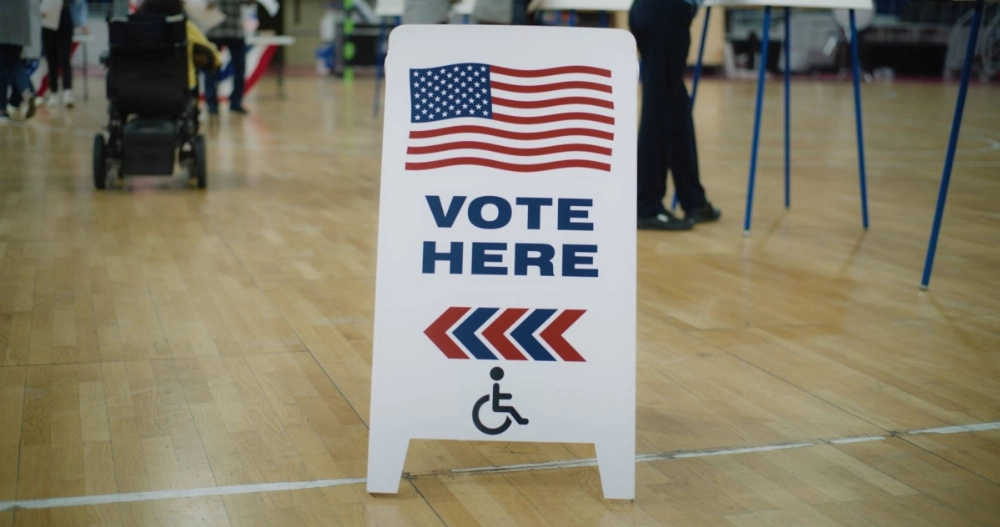Last month’s expertly choreographed Democratic National Convention has added a frisson of excitement to the U.S. presidential election.
After President Joe Biden’s historic decision in July to withdraw from the race (at which point Donald Trump was leading in the polls), the DNC marked the start of a new chapter, with Vice President Kamala Harris and her running mate, Minnesota Gov. Tim Walz, reinvigorating the Democratic base. The crowd’s exuberance was palpable.
The Democrats’ new momentum added a dramatic edge to the campaign as it enters its final months. As a political economist, however, I tend to focus on voters’ views of the economy and, relatedly, the deep divide between Republicans and Democrats on the role of government in society — a difference that, should Trump win, could alter the United States’ trajectory for years to come.


















With your current subscription plan you can comment on stories. However, before writing your first comment, please create a display name in the Profile section of your subscriber account page.